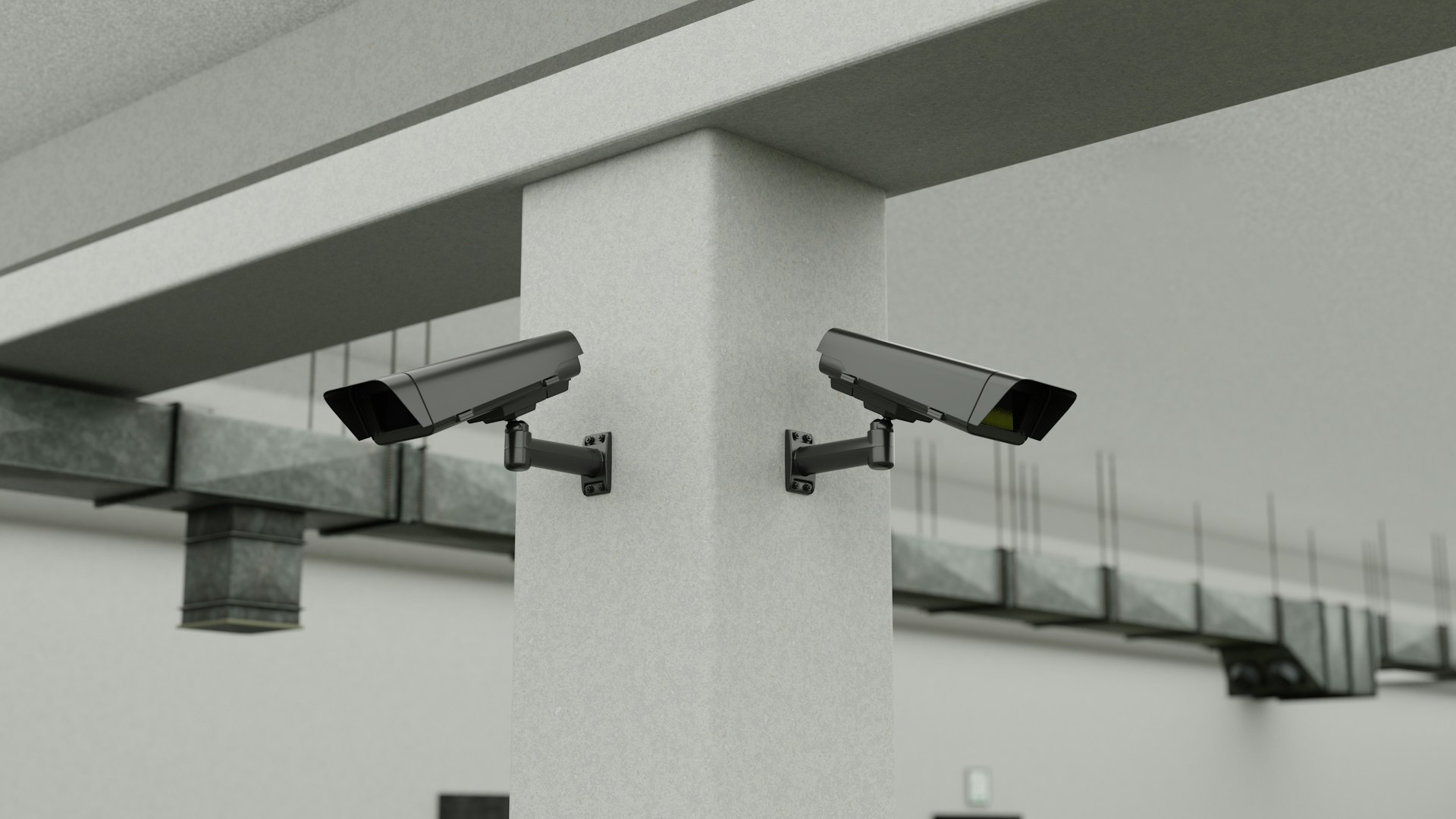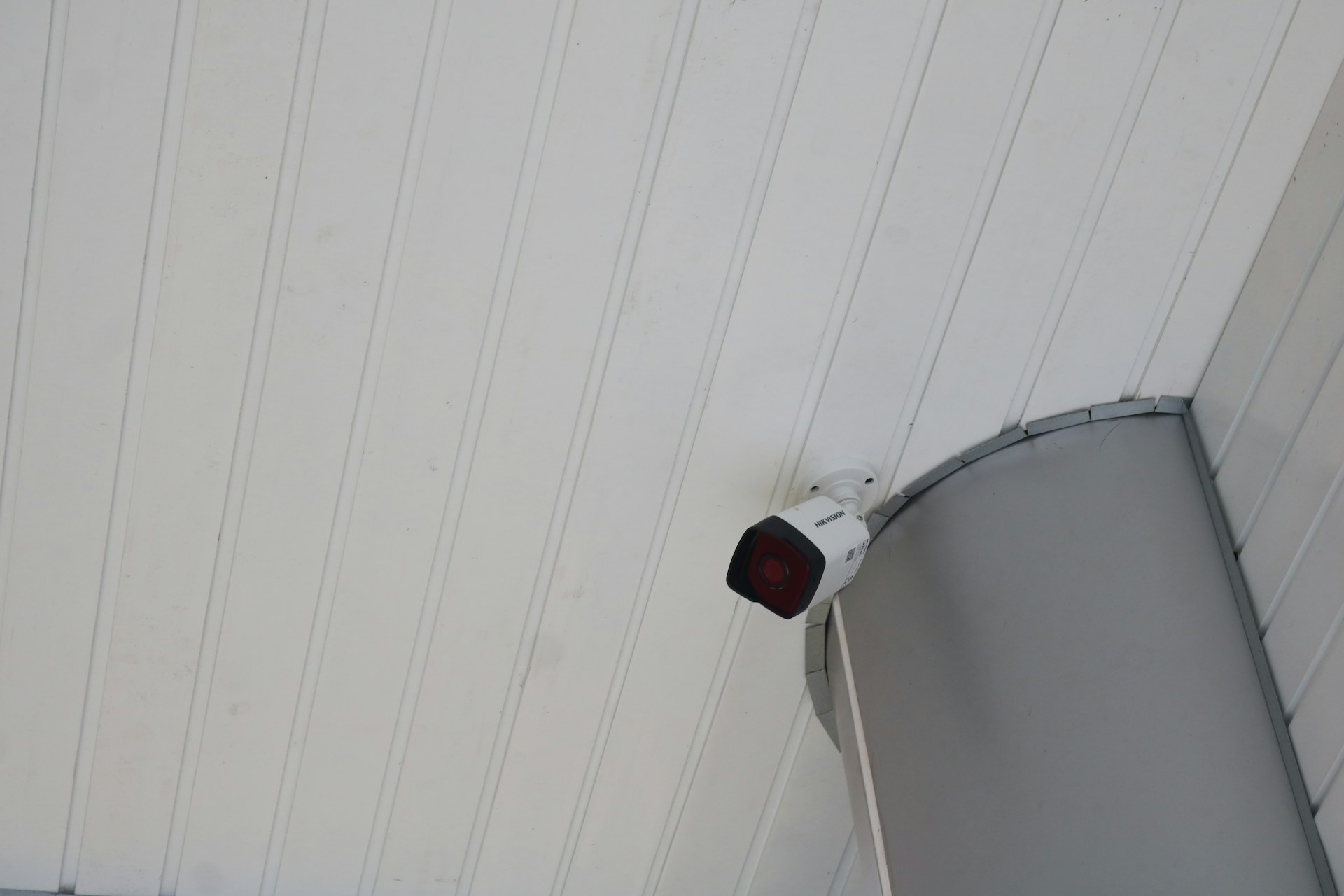When it comes to enhancing your home security, choosing between wired and wireless security cameras is crucial. Wired security cameras often provide a more stable connection and are less affected by interference, making them ideal for permanent installations in your home. On the other hand, wireless security cameras offer flexibility and easier installation, which can be particularly appealing for those looking to set up a home security system quickly.
In the greater Houston area, understanding the differences between these two types of security cameras can help you make an informed decision. Wireless security cameras are suitable for temporary placements and smaller homes, while wired options work better for comprehensive surveillance needs or larger properties. Each type has its own set of advantages that cater to different security requirements.
Ultimately, your choice should reflect your specific needs and preferences regarding home security. By weighing the pros and cons of wired versus wireless security cameras, you can ensure that your home is as secure as possible.
Core Differences Between Wired and Wireless Security Cameras
Understanding the differences between wired and wireless security cameras is crucial for making an informed decision. Each system has its unique characteristics that affect installation, performance, and overall effectiveness.
How Wired Security Cameras Work
Wired security cameras connect directly to a recording device or network via cables, typically coaxial or Ethernet. This connection enables a stable and consistent power supply while also transmitting video footage without interruption.
You can expect higher video quality from wired systems due to reduced signal loss. They are generally more reliable for long-term installations in fixed locations. However, installation can be labor-intensive, often requiring professional help.
Key Advantages:
- Superior video quality
- No interference from other wireless devices
- Greater security against hacking
How Wireless Security Cameras Work
Wireless security cameras use Wi-Fi or cellular signals to transmit data. They operate on battery power or can be plugged in. These cameras are ideal for temporary deployments, offering flexibility in placement.
Setting up a wireless home security system is usually simpler and quicker than wired options. However, they may face signal interference from walls or other electronic devices, which can affect video quality.
Key Considerations:
- Easy installation and repositioning
- Potential for interruption in video feed
- Battery reliance can affect long-term use
Comparing Camera Systems
When comparing camera systems, consider the following factors:
FeatureWired Security CamerasWireless Security CamerasInstallationMore complex and labor-intensiveSimple and user-friendlyVideo QualityHigher clarity and less lagVariable; depends on signal strengthReliabilityLess prone to interferenceCan experience dropoutsCostPotentially higher installation costsGenerally lower installation costs
Wired systems excel in environments where consistent video quality is critical. In contrast, wireless systems are suited for those who prioritize flexibility and ease of installation in a home security context. When operating in the greater Houston area, consider your specific needs to choose the right system.
Installation and Setup Considerations
When evaluating installation and setup for security cameras, you must consider various factors such as whether to opt for professional installation or handle everything yourself. You should also assess how the placement of the cameras can enhance their effectiveness while keeping maintenance costs in mind.
Professional Installation Requirements
Choosing professional installation for your security cameras can be beneficial, particularly for wired systems. Professionals have the skills to navigate complex installations, ensuring that cables are properly routed and connections are secure.
For larger properties, installation may require running cables through walls or ceilings, which can be time-consuming and may need specialized tools.
Expect to pay a premium for this service, yet the peace of mind from a flawless setup can justify the expense. Be sure to check on warranties or support included with the installation, as this can reduce long-term maintenance costs.
DIY Setup Options
If you prefer a more hands-on approach, many wireless security cameras come with user-friendly instructions for DIY installation. These systems often use battery power or plug directly into outlets, eliminating the hassle of wiring.
Choose models that include mounting kits for easier setup. Follow the manufacturer's guidelines for placement to ensure optimal coverage and functionality.
While DIY may initially save you money, consider the potential challenges you might face, such as improper placement or connectivity issues. Keep in mind that if something goes wrong, troubleshooting could add to your time and maintenance costs.
Placement Flexibility
A key advantage of wireless security cameras is their placement flexibility. Since they don’t rely on a wired connection, you can position them in various locations to maximize coverage.
For instance, you might choose to place cameras near entry points or in areas with higher foot traffic. Wireless models also enable you to adjust the placement easily as your security needs change.
Remember that a strategic layout can significantly enhance surveillance capabilities, but maintaining a clear line of sight is crucial for effective monitoring. Regularly check placement and functionality to ensure optimal performance over time.
Performance, Reliability, and Power Sources
When evaluating security cameras, it's essential to consider performance, reliability, and their power sources. These aspects can greatly impact your security system's effectiveness in both everyday monitoring and during unexpected events.
Reliability and Interference Factors
Wired security cameras generally offer higher reliability compared to wireless options. This is because they are less susceptible to interference from Wi-Fi signals and other electronic devices. In contrast, wireless cameras can experience interruptions due to various factors such as distance from the router, physical obstructions, and interference from neighboring networks.
You may also find that wired cameras provide a stable connection, ensuring consistent performance even during peak usage times. Wireless systems, while easier to install, might require regular checks on the signal strength to avoid downtime.
Handling Power Outages and Battery Power
Power outages can pose a significant risk to your security camera system. Wired cameras typically benefit from a continuous energy supply, making them reliable during such events. They often connect directly to a power source that remains functional during power failures.
However, battery-powered wireless cameras can be equipped with backup batteries, allowing them to continue functioning during outages. It's crucial to monitor battery levels to ensure they remain charged. Regular maintenance checks on battery-powered systems will help avoid gaps in security coverage.
Image and Security Footage Quality
Image quality is paramount in any security system. Wired cameras tend to produce clearer and more stable footage due to their consistent power supply and direct video transmission. This is particularly important when capturing critical details during incidents.
Wireless cameras can deliver high-resolution images as well, but video quality may fluctuate depending on signal strength and bandwidth. Ensure your chosen system supports high-definition video to maintain the clarity of your security footage, especially in dim lighting conditions or at night.
Monitoring, Remote Access, and Storage Options
Understanding the options for monitoring, remote access, and storage is crucial when choosing between wired and wireless security cameras. Each factor plays a significant role in how effectively you can secure your property and access footage.
Surveillance and Monitoring Capabilities
Both wired and wireless security cameras offer robust surveillance capabilities. Wired systems tend to provide a more stable connection, which is essential for consistent monitoring. They often integrate with a control panel, allowing for effective management of camera feeds.
Wireless cameras, on the other hand, offer the benefit of flexibility in placement due to their lack of physical cables. Many models include motion detection technology, sending alerts to your device when activity is detected. This immediate response enhances your security by allowing you to monitor events in real-time.
Remote Access and Control Panel Features
Remote access is a key feature for modern security systems. Through mobile apps or web interfaces, you can oversee your cameras from anywhere, provided you have an internet connection. Wired systems generally require a dedicated DVR to manage the footage and control panel features.
Wireless systems often provide cloud-based options, enabling footage access without additional hardware. These controls allow you to adjust camera settings and view live feeds seamlessly. Look for systems that offer user-friendly interfaces, making it easier to manage multiple cameras at once.
Cloud Storage vs Local Storage Solutions
When it comes to storage options, you have two primary choices: cloud storage and local storage solutions. Cloud storage provides accessibility and convenience, storing footage off-site. This is particularly helpful if you experience a power outage or theft.
Local storage, often through microsd cards or DVRs, allows for quick access without relying on internet connectivity. However, it may require regular maintenance and physical access to the device. Determine which option aligns with your needs, considering how much storage you require. Each solution has its pros and cons, affecting how you secure and access your surveillance data.
Cost, Convenience, and Choosing the Best System
When considering security cameras, factors such as budget and convenience play crucial roles in your decision. Understanding the total cost of ownership, along with aligning your choices to your security goals, can help you make an informed selection.
Assessing Budget and Total Cost of Ownership
The initial purchase price of security cameras varies significantly between wired and wireless options. Wireless cameras often have lower upfront costs, which can appeal to budget-conscious consumers.
However, consider the total cost of ownership, which includes installation, maintenance, and potential upgrades. Wired cameras might require professional installation, potentially increasing your initial expenditure. Additionally, if wireless systems need frequent updates or battery replacements, those costs can accumulate over time.
Here's a simple comparison:
TypeInitial CostInstallation CostMaintenance CostWiredHigherProfessionalLowWirelessLowerDIY FriendlyHigher over time
Convenience and Security Goals
Your convenience needs and security goals will influence your choice of system. Wireless cameras provide flexibility, allowing you to install them in various locations without extensive wiring. This can be essential if you plan to move your cameras regularly.
On the other hand, wired cameras are suitable for fixed installations. They often provide more reliable connections, making them better for long-term surveillance needs. Consider your specific security goals: if you need temporary monitoring, a wireless camera may suffice, but for comprehensive and long-term coverage, wired might be the better choice.
Product Selection and Key Takeaways
Selecting the right product involves weighing the pros and cons of each system. Wireless cameras can be cost-effective and easier to install, yet may lack the robustness and reliability of wired options.
Wired cameras offer better security against hacking but require more commitment in terms of installation and positioning. Identify what you prioritize.
In the greater Houston area, it’s essential to evaluate local climate conditions, potential obstructions, and your property's unique layout. This localized approach ensures that the system you choose effectively meets your needs without exceeding your budget.
Frequently Asked Questions
When considering security camera options, there are specific factors that can greatly influence your decision. This section addresses common inquiries regarding wired and wireless security cameras, focusing on aspects such as advantages, reliability, installation, costs, data security, and maintenance challenges.
What are the primary advantages of using wired security camera systems?
Wired security cameras typically provide superior reliability and stability in connection. They are less susceptible to interference, ensuring a consistent video feed without dropouts. Additionally, they often deliver better video quality and faster data transmission.
How does the reliability of wireless security cameras compare to wired ones?
Wireless cameras can be vulnerable to interference from other devices and environmental factors, which may affect their performance. In contrast, wired systems offer a more reliable connection, especially in areas with dense electronic traffic. This makes wired systems ideal for continuous monitoring and critical security applications.
What considerations should be taken into account regarding the installation of wired versus wireless security cameras?
Wired installations require more planning as they involve running cables and may need drilling and wall modifications. Wireless systems usually require less installation time and can be set up quickly, but ensure the wireless signal is strong enough in all desired areas to avoid zones with weak coverage.
Are there significant cost differences between setting up a wired and wireless security camera system?
Generally, the initial cost of wired systems can be higher due to the expense of cables and professional installation. Wireless systems tend to have lower installation costs, but ongoing considerations like battery replacement must also be factored in, which can impact the overall expense over time.
How do data security and privacy differ between wired and wireless security cameras?
Wired cameras are typically more secure against hacking, as they require physical access to the network. Wireless cameras, while convenient, may be susceptible to unauthorized access if not adequately secured. It's crucial to implement robust encryption and authentication measures for wireless systems.
What are common maintenance challenges for wired and wireless security camera systems?
Wired systems may need occasional cable inspections to check for wear and tear or exposure to elements. Wireless cameras require regular battery checks and may need updates to firmware to address security vulnerabilities. Monitoring both types for operational issues ensures they function effectively.
.svg)



.svg)


.svg)



